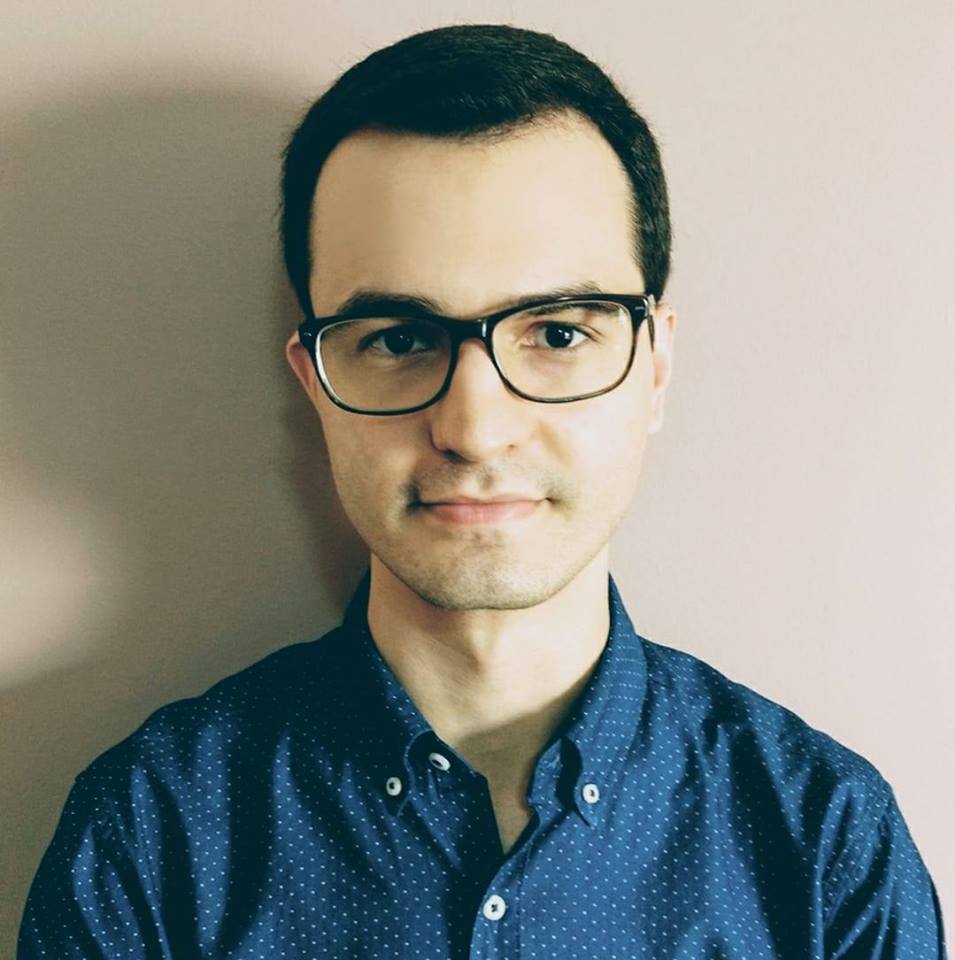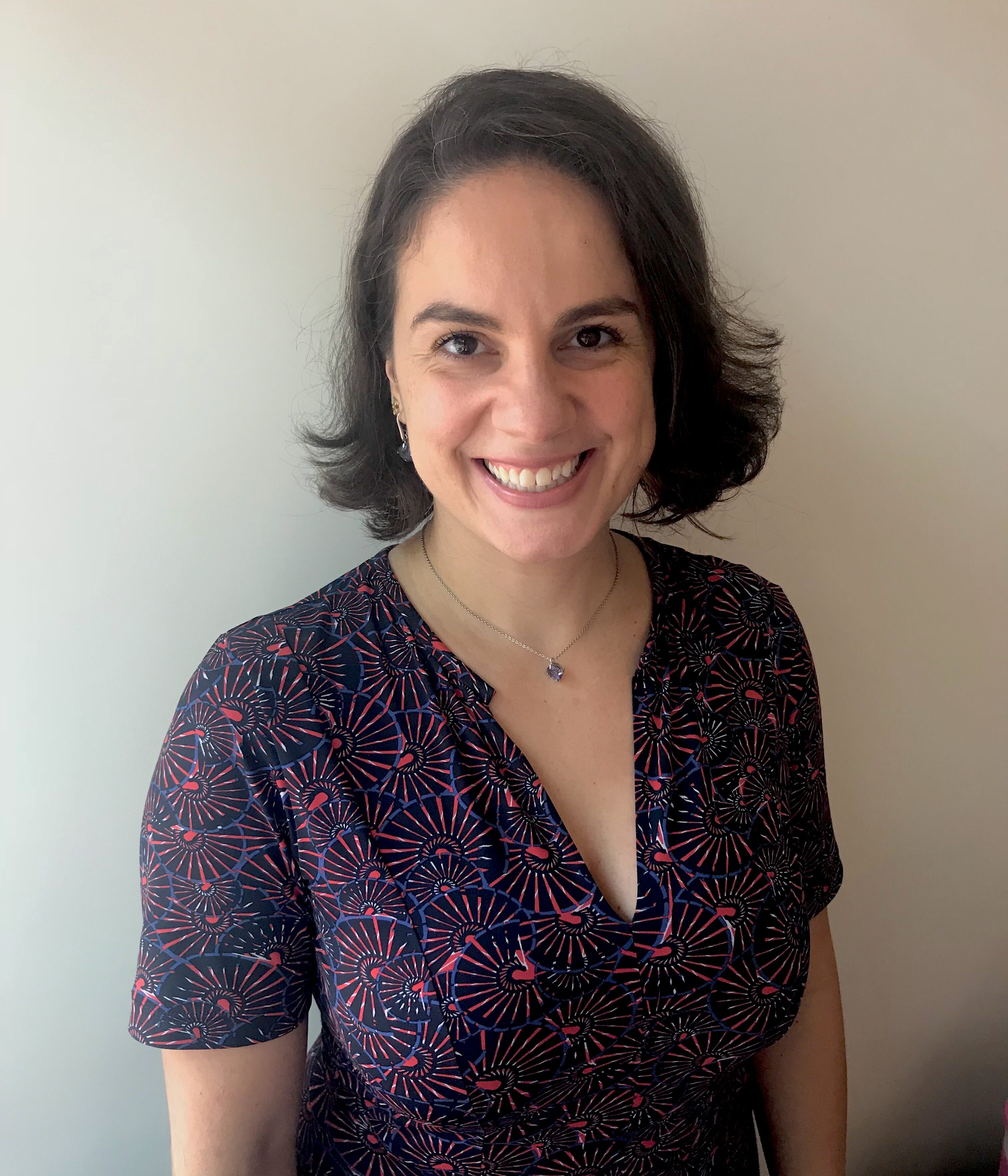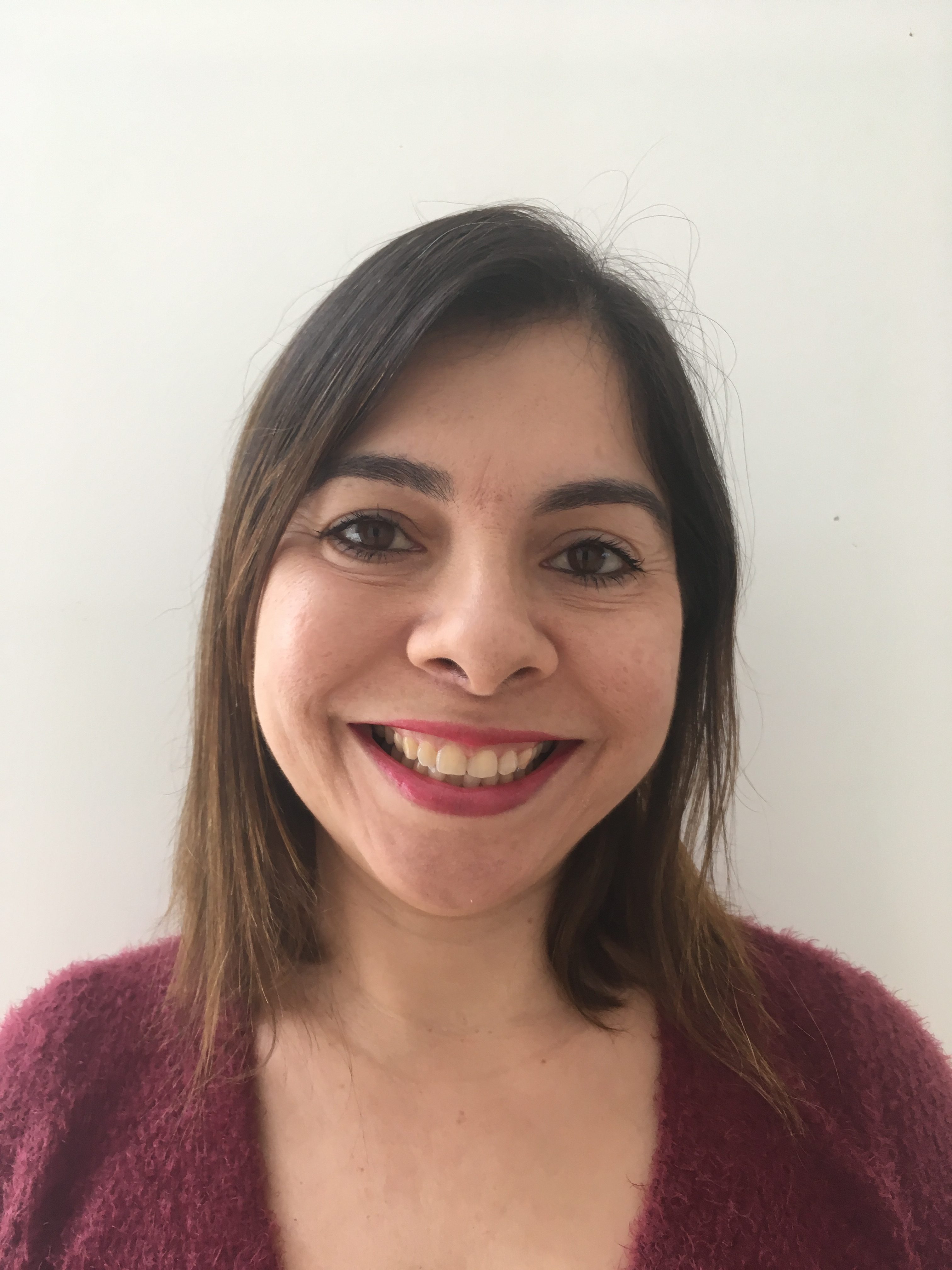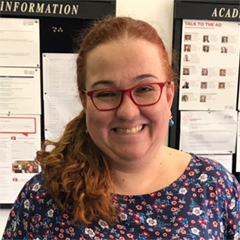Writing as language development
Writing is such a demanding and time-consuming task. Yes, it really is, so why bother?
Due to the fact that English is likely to be your bread and butter, we can agree you must have an excellent command of the language, and that includes writing. Moreover, as a teacher, you should be able to help your students learn how to write and many of them may need to improve their writing skills so they can keep their job or get a promotion.
Speaking of professional development, you may be interested in following an academic path or perhaps you might be looking for a course which will help you climb another step on the career ladder. At any rate, you are expected to have sound writing skills to get your ideas across clearly.
The reasons listed above might be compelling enough to encourage you to read on and hopefully look at writing from a broader perspective. Still, based on my own experience, I would like to take the matter further and argue that writing can be a particularly effective way to develop your knowledge about language as well as your ability to use language. Let me explain why.
The way I see it, writing is very personal, and I daresay it is indeed a solitary process. Be that as it may, this solitude is nothing less than necessary for you to be engrossed in this potentially rewarding activity. In the hustle and bustle of everyday life, we seldom give ourselves the chance to contemplate our fleeting thoughts and confusing ideas. We are often required to form our opinions on the spot and have ready-made arguments up our sleeve to engage in discussions on social media. But I digress.
The habit of allowing your ideas to take shape in your brain, obvious though it may sound, can ultimately help you become more aware of yourself as you understand your beliefs and plan how you would like to express them. While carefully planning the way you want your ideas to be heard, you are bound to stumble upon countless words and phrases, but only some will make the cut and be woven into the fabric of your text. By curating these pieces of language, you are sure to discover new and unexpected connections between words and sentences.
When you write, you are spontaneously drawing upon your whole language repertoire and pushing the envelope of your knowledge about language. I like to think of it as an opportunity to make room for it to grow.
In short, I would like to encourage you to write more often. I won’t discuss the feeble excuses we give ourselves to avoid doing something that will promote language development. However, I can assure you that you are not alone because I have had the pleasure of interacting with a number of highly committed teachers who have been studying hard in order to improve their English. Without fail, they voiced their concerns about learning more advanced vocabulary and using complex sentence structures. I could instantly relate to their anxiety. Expanding our active vocabulary is a daunting challenge, but if my experience is anything to go by, I can mention one thing that has been helping me tremendously: writing texts like this one.
Now I would like to suggest what, in my opinion, will make the biggest difference and truly help you improve – feedback. Show what you write to people whose judgement you trust and whose comments might stimulate growth. As Luiz Otávio Barros once wrote, ‘it’s the feedback that will really help students become better writers’. In my opinion, this suits us to a tee. After all, at the end of the day, I believe we are learners first and teachers second.
Let’s say you have decided to take the plunge and give writing a try, bear in mind it is no walk in the park, so remember what you might have told your students on many occasions: don’t push yourself too hard and don’t be afraid to take risks. Scary beginnings may lead you to happy endings.






